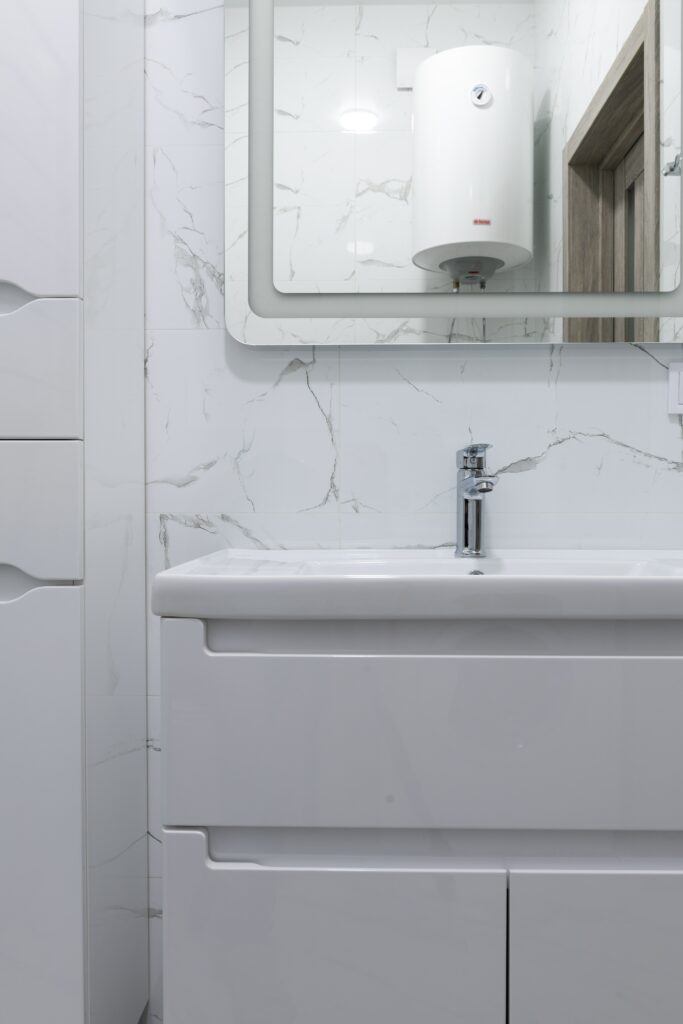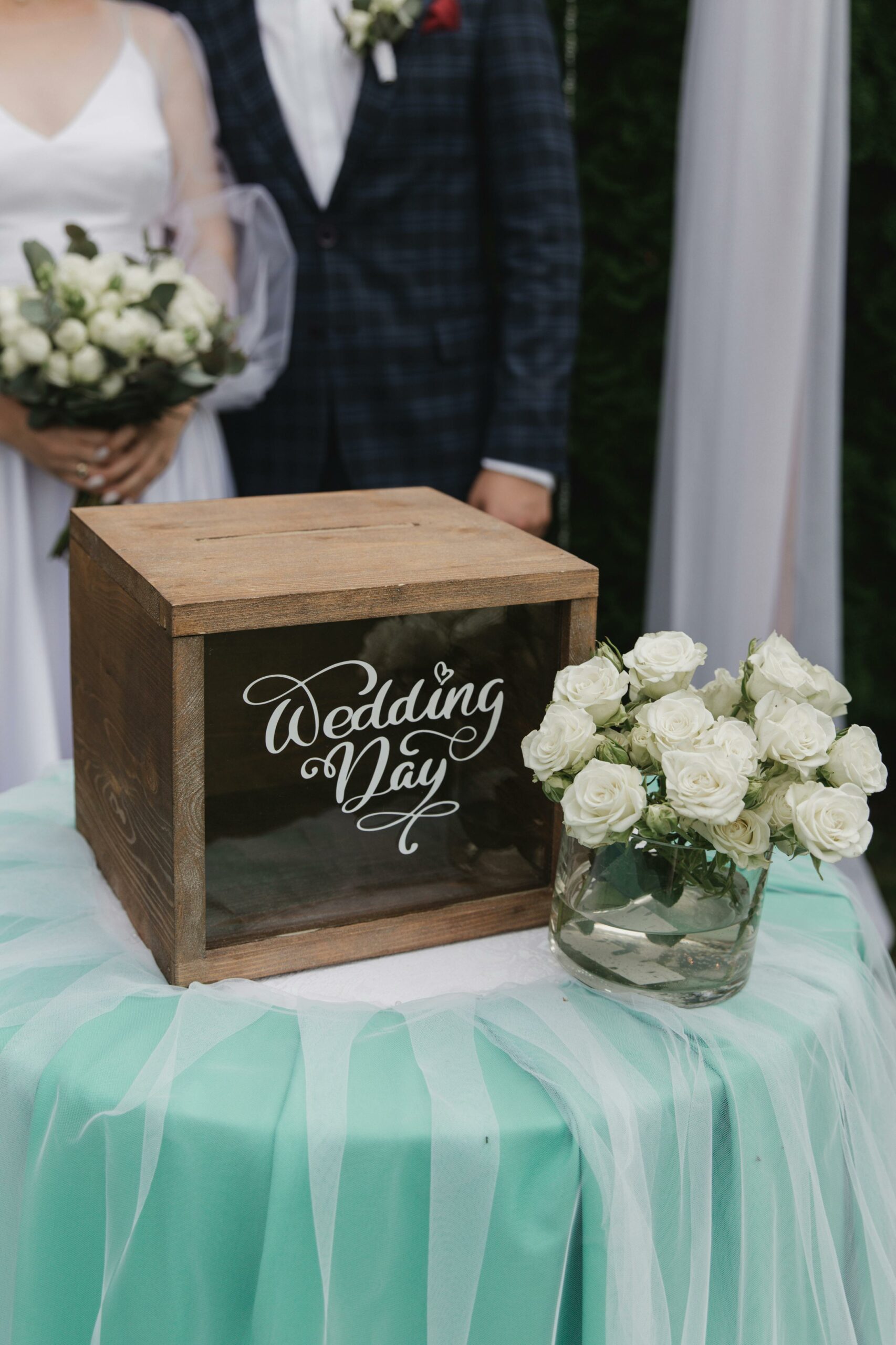A boiler is a heating device that uses water to create heat and distribute it throughout a home. It’s an important component of a heating system, particularly in colder climates, as it provides warmth and comfort to occupants.
It’s really important to have a boiler that works properly, so we can stay warm and have hot water when we need it.
In this post, we’re going to talk about how to install a new boiler. But first, let’s talk about how to know when it’s time to replace your old one. Some signs might be that it’s really old, it keeps breaking down, or your energy bills are getting really high.
Installing a new boiler can be a big job, but it’s important to make sure your home stays warm and cozy during the cold months. Here are the basic steps to follow:

Step 1: Choose the Right Boiler
Before you can install a new boiler, you need to choose the right one for your home.
This will depend on the size of your home, how many people live there, and how much hot water you use. You can ask a heating engineer to help you choose the right boiler for your needs.
Step 2: Prepare the Area
Before you start installing the boiler, you need to prepare the area. This means clearing out any clutter and making sure there is enough space for the boiler and the engineer to work safely. The engineer will also need access to gas and water pipes.
Step 3: Install the Boiler
Now it’s time to install the boiler. The engineer will need to connect the gas and water pipes to the boiler, and also connect it to the heating system. This can take several hours, so be patient!
Step 4: Test the Boiler
Once the boiler is installed, the engineer will need to test it to make sure it’s working properly. This may involve running the heating and hot water to make sure they’re both working correctly.
Step 5: Clean up
Finally, the engineer will clean up the area and make sure everything is tidy before they leave.
Remember, installing a new boiler is a big job and should only be done by a qualified engineer. Don’t try to do it yourself!
Some Signs that Show it’s Time for a New Boiler:
If your boiler is showing its age, breaking down often, or causing your energy bills to skyrocket, these are all signs that it may be time for a replacement.
There are several signs that may indicate it’s time to replace your boiler. One of the most common is age, as boilers typically have a lifespan of around 10 to 15 years. If your boiler is older than this, it may be less efficient and more prone to breakdowns.
Frequent breakdowns are another sign that your boiler may need replacing. If you find yourself calling a repair service more often than usual, it may be more cost-effective in the long run to invest in a new boiler.
Finally, if you notice that your energy bills are higher than usual, your boiler may be consuming more energy than it should be, indicating that it’s not running efficiently.
Types of New Boilers, You Can Have Installed:
You have a range of boiler types to choose from when upgrading your heating system, including combi boilers, system boilers, and regular boilers.
Combi Boilers:
These are a popular choice for smaller homes and apartments because they don’t require a separate water tank. Combi boilers heat water directly from the mains when a tap is turned on, providing an instant supply of hot water.
They’re typically more affordable to install and can save on space and energy costs, but may not be suitable for larger homes or properties with high hot water demand.
System Boilers:
System boilers require a separate hot water cylinder but don’t need a water tank in the loft. They’re a good option for larger homes that have multiple bathrooms and high hot water demand.
System boilers are often more efficient than regular boilers and can provide hot water to several taps at once.
Regular Boilers:
Also known as traditional or conventional boilers, these work with a water tank in the loft and a hot water cylinder in the airing cupboard.
They’re suitable for larger homes with multiple bathrooms and high hot water demand.
Regular boilers can provide hot water to multiple taps at once and are often recommended for properties with low water pressure.






